You are here
New Releases
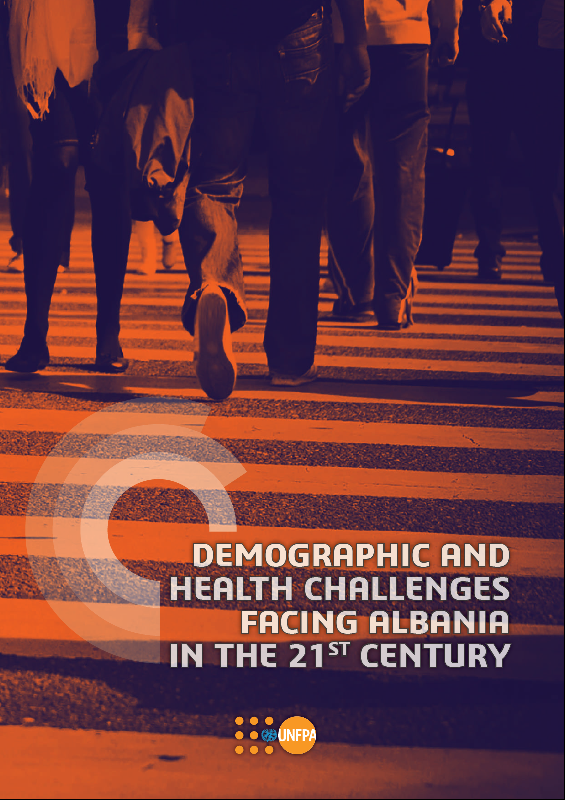
Demographic and Health Challenges Facing Albania in the 21st Century
Detailed in-depth analysis of Demographic and Health Challenges facing Albania in the 21st Century prepared by a group of experts in the fields of demography and public health. From a scientific perspective, this report is very important as it highlights the urgent challenges Albania faces today, as well as provides reccommendations for integrated policies as a tool to address such challenges, policies not just for the health of young children, but their mothers’ as well.
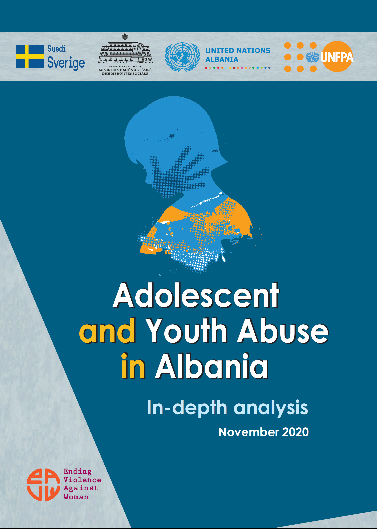
“Adolescent and Youth Abuse in Albania” - in-depth analysis
This report is an in-depth (secondary) data analysis of the existing databases pertinent to several important studies which have been conducted in Albania in the past decade and aims to provide the necessary information about the characteristics of adolescent and youth abuse, with main focus on potential gender gaps, socioeconomic differences and other potential differences pertinent to vulnerable population categories.
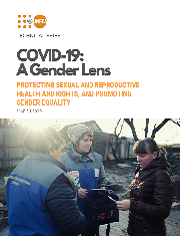
COVID-19: A Gender Lens - Protecting sexual and reproductive health and rights, and promoting Gender Equality
Disease outbreaks affect women and men differently, and pandemics make existing inequalities for women and girls and discrimination of other marginalized groups such as persons with disabilities and those in extreme poverty, worse. This needs to be considered, given the different impacts surrounding detection and access to treatment for women and men.
Women represent 70 percent of the health and social sector workforce globally and special attention should be given to how their work environment may expose them to discrimination, as well as thinking about their sexual and reproductive health and psychosocial needs as frontline health workers.
In times of crisis such as an outbreak, women and girls may be at higher risk of intimate partner violence and other forms of domestic violence due to increased tensions in the household. As systems that protect women and girls, including community structures, may weaken or break down, specific measures should be implemented to protect women and girls from the risk of intimate partner violence with the changing dynamics of risk imposed by COVID-19.
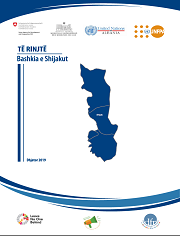
Factsheet on young people in Shijak Municipality
This factsheet provides some facts on the following issues:
How much do young people in Shijak municipality know about SDGs?
How much are young people in Shijak engaged to achieve SDGs?
How much do young people in Shijak know about sexual and reproductive health?
Do young people know about Shijak Municipality programs and services for youth?
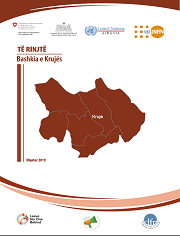
Factsheet on young people in Krujë Municipality
This factsheet provides some facts on the following issues:
How much do young people in Krujë municipality know about SDGs?
How much are young people in Krujë engaged to achieve SDGs?
How much do young people in Krujë know about sexual and reproductive health?
Do young people know about Krujë Municipality programs and services for youth?
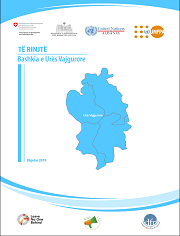
Factsheet on young people in Urë-Vajgurore Municipality
This factsheet provides some facts on the following issues:
How much do young people in Urë-Vajgurore municipality know about SDGs?
How much are young people in Urë-Vajgurore engaged to achieve SDGs?
How much do young people in Urë-Vajgurore know about sexual and reproductive health?
Do young people know about Urë-Vajgurore Municipality programs and services for youth?
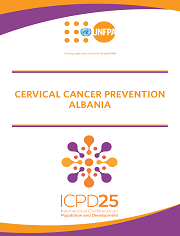
What's Changed? - Cervical Cancer Prevention in Albania
Cervical cancer in Albania is a public health problem. It is, with uterus cancer, the second most frequent cancer among women of reproductive age (15-49 years), below only to breast cancer, mainly due to its characteristic increase of risk at middle age. The sexual lifestyle trends among Albanians point to a potential increase of this cancer in the absence of preventative strategies. According to country official data, the average mortality rate of cervical cancer for the period 2013-2017 in Albania is 2.9/100,000 and the incidence rate for the year 2015 (the first year, the national cancer registry has started to operate) is 9.2/100,000
(National NCD report).
The mortality/incidence ratio for cervical cancer in Albania is 32%. Its standardized incidence is lower compared to South East European countries but much higher than Eastern Mediterranean countries.
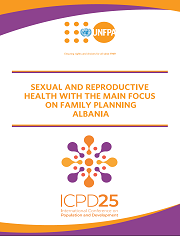
What's Changed? - Family Planning in Albania
Family planning is vital for a sustainable development of every society. Hence, family planning programs including modern contraceptive methods support couples and individuals for realizing and exercising their basic right to decide freely and responsibly if, when, and how many children to have. The vast international evidence indicates that endorsement of effective family planning programs has resulted in substantial improvements in health-related outcomes (such as reduced maternal mortality, infant mortality and child mortality), as well as improvements in schooling and educational attainment and economic opportunities, especially for women.
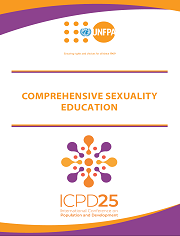
What's Changed? - Comprehensive Sexuality Education in Albania
In Albania, during the last 25 years, many interventions have been implemented in order to improve health education of young people in various formal and non – formal settings. Interventions aim, among other things, to reach as many young people as possible, even those who do not attend school or those who belong to marginalized groups. Initially, these interventions focused on improving knowledge, attitude and skills of young people on issues such as family planning (modern contraception), pregnancy and childbirth, STIs, including HIV and AIDS. Issues such as violence and sexual abuse, human rights, sexuality and reducing stigma on young vulnerable groups were more addressed during the last decade.
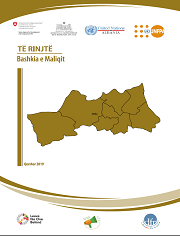
Factsheet on young people in Maliq Municipality
This factsheet provides some facts on the following issues:
How much do young people in Maliq municipality know about SDGs?
How much are young people in Maliq engaged to achieve SDGs?
How much do young people in Maliq know about sexual and reproductive health?
Do young people know about Maliq Municipality programs and services for youth?